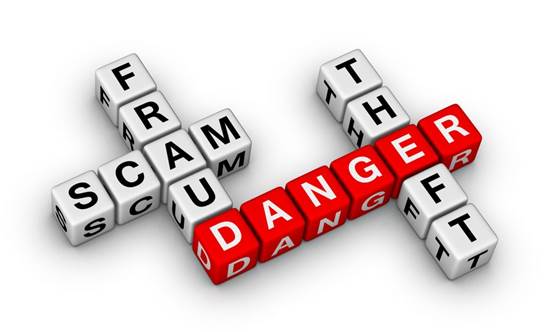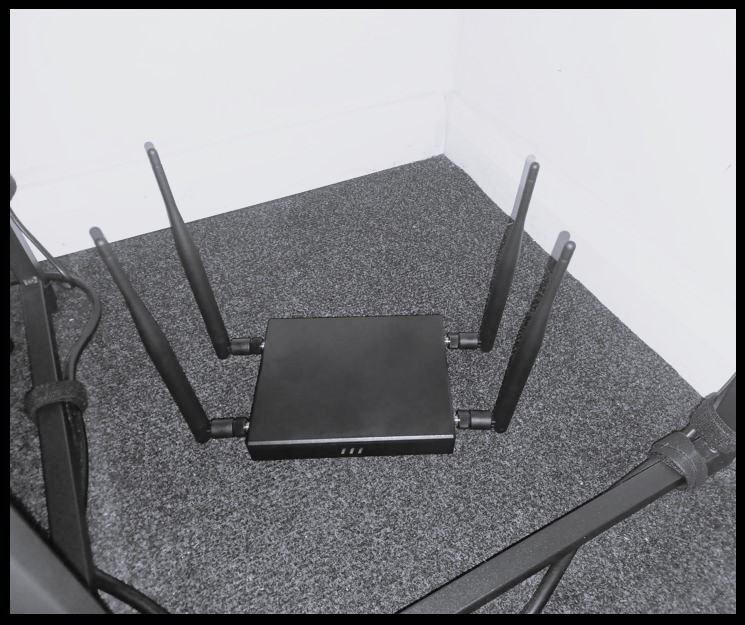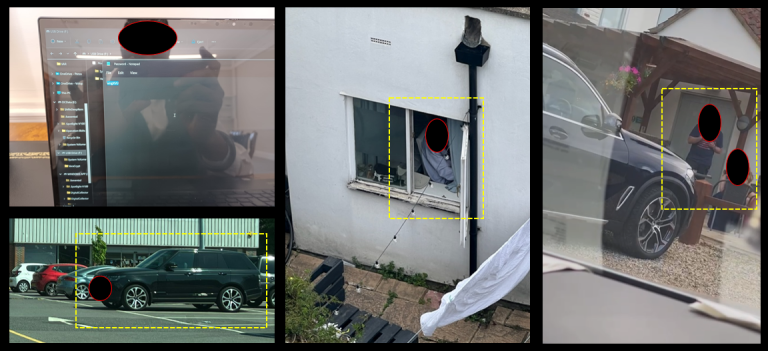From phishing emails to the new coronavirus tracking app, the coronavirus crisis has provided the perfect breeding ground for fraudsters. Latest figures show that scammers have cheated victims out of more than £5.3million since lockdown began. Scammers are using people’s real fears of the impact coronavirus is having on their finances to steal their money. There’s a host of scams out there designed to get you to part ways with your cash. These range from pleas to your good nature to downright cheek to surreptitious shenanigans. Criminals are now exploiting worries over pensions by promising to recover any losses and offering fake insurance cover to pay people back who are at risk of losing cash during the crisis. They’re the latest cases of unscrupulous individuals attempting to cash in on people’s concerns during the pandemic.
In a recent research it was assessed one in three British citizens has been targeted by scammers since lockdown began. More than 2,200 people have fallen victim to coronavirus-related scams in the past two months alone, with ‘phishing’ emails prevalent. Citizens Advice has reportedly seen a 19% increase in the number of people visiting its website for advice, as well as calls from members of the public concerned about scams including bogus testing kits, vaccinations, and government refunds. Of those with a disability or long-term illness, 45% said they had been targeted, while half deemed at an increased risk of coronavirus or shielding had been contacted
10 Common scams to look out for:
1.Doorstep crime: This come in many forms but involves knocking on strangers doors in distress for a multitude of reasons. Can’t get home, someone in hospital, kids locked in at home in Dorset or garage payment issues are some of the stories you’re likely to hear. In addition How do I stop it? Please keep your good nature but check and double check their story. Often their tale will fall to pieces when you offer to take them somewhere and not just hand over the cash.
2.Police assistance needed: This scam involves someone calling you up and telling you that you’ve been the ‘victim of a scam’ and to help out the CID, you need to go to your bank and draw out cash. This is then collected by a courier for ‘forensics’. Where’s the scam? Clearly, you drawing money out is going to be difficult for the Police to trace and handing it over will not merit any forensic evidence whatsoever. How do I stop it? Official organisations/services (Police etc.) will never ask you for personal details, like PIN numbers or bank account details etc. and they are highly unlikely to ask for assistance in a case
3.Telephone scams: As people have self-isolated at home there has been an increase in telephone scams, including criminals claiming to be your bank, HMRC, mortgage lender or utility company e.g. the phone rings – ‘HMRC here to inform you are entitled to refund.’ All you have to do is hand over your bank details, personal account numbers. Where’s the scam? Although it might look legitimate, it isn’t. Handing over your personal details allows criminals access to your accounts and they steal your money
4.Text scams: these are also on the increase and include offers for tax rebates and lump sum payments from the Government as well as other ones telling people they’ve been fined. They all inevitable involve highlighting personal details or handing over money. Other scams are based around a new coronavirus tracking app, even though it has yet to be fully rolled out. Texts are sent to trick people into believing they have come into contact with someone infected with the virus and they are asked to click through to a website to share personal details
5.Online scams: Phishing emails and aim to get people to click on a link and enter their personal information. Scammers have quickly adapted this tactic by now posing as Revenue & Customs and promising tax rebates on the back of the pandemic.
6.Refund scams: this includes companies offering fake holiday refunds for individuals who have been forced to cancel their trips. People seeking refunds should also be wary of fake websites set up to claim holiday refunds
7.Counterfeit goods: fake sanitisers, face masks and Covid19 swabbing kits sold online and door-to-door. These products can often be dangerous and unsafe. There are reports of some potentially harmful hand sanitiser containing glutaral (or glutaraldehyde), which was banned for human use in 2014
8.Donation scams: fake online donation pages have also grown in number – some claiming to be about finding a ‘cure for coronavirus’. Other scammers have had the audacity to turn up on doorsteps claiming to be from charities such as the Red Cross and offering to do shopping for those unable to leave their home – but the shopping never materialises. Online shopping hasn’t escaped either. Many purchases of hand sanitiser, coronavirus tests, masks and other personal protective equipment have never been delivered, and items that have arrived are often unusable
9.Loan sharks: Illegal money lenders are preying on people’s financial hardship, lending money before charging extortionate interest rates and fees through threats and violence
10.Locksmith scam: This involves stickers appearing on door handles, front doors, letterboxes etc. and while reputable companies do use marketing, always check the company before calling. Where’s the scam? The number could be a premium line or link through to a company that will do poor quality work. How do I stop it? Check the number online and then the company itself. Use a reputable company/worker and check them out before inviting them in
Summary: There are of course many more types of scams being employed by criminals than the 10 listed above. However, by understanding how scammers operate and their tactics, and assisting others to do the same we can all work together to stop fraudsters in their tracks. Now more than ever it’s vital we remain vigilant, and know how to protect ourselves, our family, and friends from being exploited – especially those who are isolated or live alone
10 tips on how to protect yourself:
- Be wary of emails expressing urgency. Scammers use fear as a tactic to make you act fast
- Never give personal details to someone you do not know or trust
- Avoid clicking on links or downloading files in an email from an unknown sender
- If you get an unexpected call from a body such as Revenue & Customs, hang up and call back on the official number
- Never agree to up-front payments, particularly if they are international or in an electronic currency
- If someone tries to sell you a service at your door, do not let them inside your home
- Beware anyone offering free advice, a free pension review or early access to your pension. Remember you cannot access your pension before age 55 unless you have serious health issues
- Make sure anti-virus software is up to date on all devices and spam filters are set to high
- Watch out for investment opportunities that appear too good to be true – because they inevitably are
- If you think you have been the victim of fraud or cybercrime, report it to actionfraud.police.uk or call 0300 123 2040.





